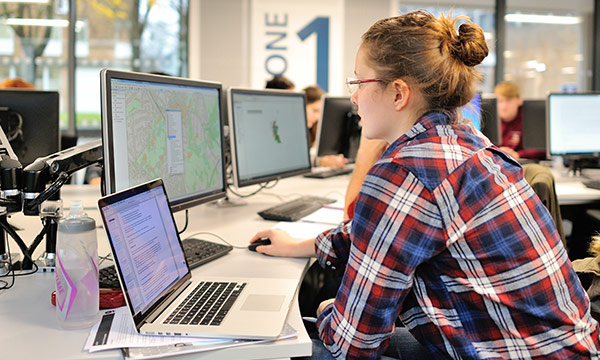Fees and Funding
Our Postgraduate Research Tuition Fees are displayed on individual programme pages that can be found here. Information on the funding available, tuition fees and living costs in Lancaster are at Postgraduate Fees and Funding.
If you have your own research idea, we can help you to develop it. To begin this process you will need to find a PhD Supervisor from one of our research groups, whose research interests align with your own.
To begin the process you will need to find a PhD Supervisor whose research interests align with your own. View our list of Research Groups to identify Supervisors in each area. You will need to contact them, with an outline of your research interests and a copy of your CV, to discuss your application.
As part of your discussions with potential supervisors and the application process, we will require a research proposal on the area(s) you are interested in joining us to study. This will be used to help us determine who will be the most suitable potential academic supervisor(s) for your research.
It is recommended that a research proposal includes the following:
Further information on writing a research proposal. Please note that your proposal is open to negotiation with your supervisor(s) and may change before and even during your PhD.
To submit an application, simply create an account on the and then select ‘Create a new application’ from your homepage once you are logged in.
Using your account on the My Applications website, you are able to submit applications for the programme(s), which you wish to study, upload supporting documentation and provide us with information about referees. You may apply for all our postgraduate programmes using this method.
We offer 3 PhD programmes, and you should choose the one you consider most appropriate for your proposed project. You may wish to discuss this with your potential supervisors.
You can apply at any time of the year for PhD study, but you will need to select one of the predefined start dates:
If you are applying for funding, are applying from overseas or require on-campus accommodation, we recommend that you apply as early as possible.
After you submit the application it comes into the Admissions Office where it is assessed. It is then sent through to the Department for consideration. This can take up to three weeks. Please make sure you submit all the essential documents otherwise this will delay your application.
Once we receive your application in the Department we send it to potential supervisors. That is unless you have already identified a supervisor for your research.
We then make a decision on your application. The Admissions Office communicate this decision via your application portal and via email.
Our Postgraduate Research Tuition Fees are displayed on individual programme pages that can be found here. Information on the funding available, tuition fees and living costs in Lancaster are at Postgraduate Fees and Funding.
You will find yourself taking advantage of several laboratory facilities at Lancaster Environment Centre. There are our £4.4 million Teaching Labs, for example, as well as specialist facilities for Environmental Chemistry, Noble Gas, and Plant and Soil Ecology.
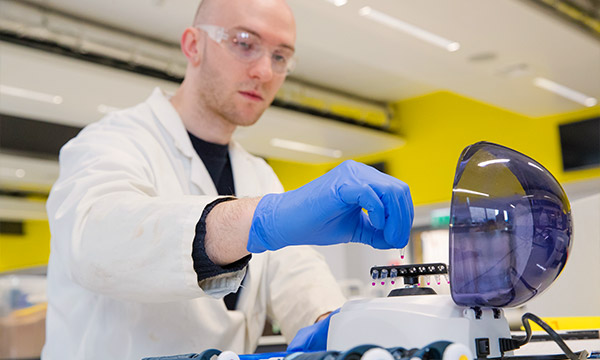
There are no fewer than 15 purpose-built glasshouse modules, 16 controlled environment plant growth rooms, 4 solar domes based at the Hazelrigg Weather Station and a suite of ultraviolet radiation research facilities that can truly claim to be world-class.
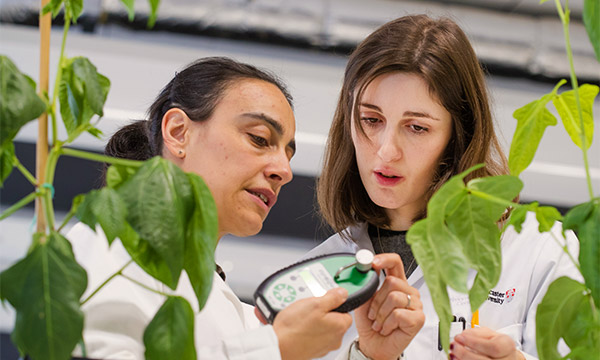
You could find yourself working at a range of catchment science sites across England and Wales, including the local River Eden Valley, or they can travel much further afield to the tropical forests of the Amazon and Borneo.
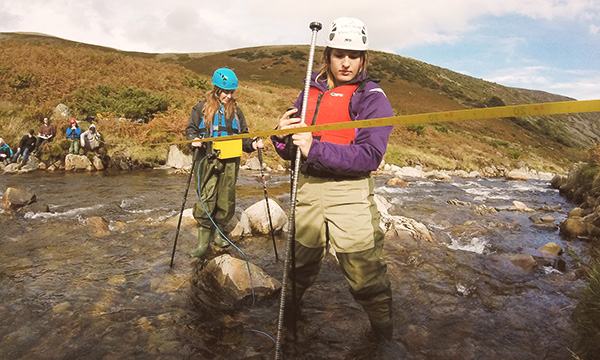
You can be trained to use a range of equipment, such as our Stable Isotope Ratio Mass Spectrometer Facility, X-ray CT Scanner, Magnetometer or the LI-COR Portable Photosynthesis System, which has the capacity to measure plant gas exchange with exceptional speed and precision.
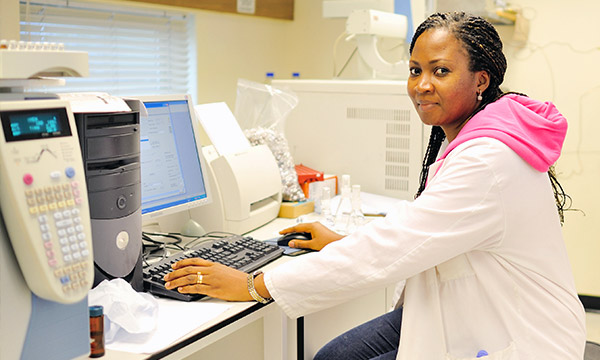
Dedicated support staff with expertise in GIS, statistics, modelling, information technology and programming are available to provide specialist training in all aspects of data acquisition, processing and analysis.
